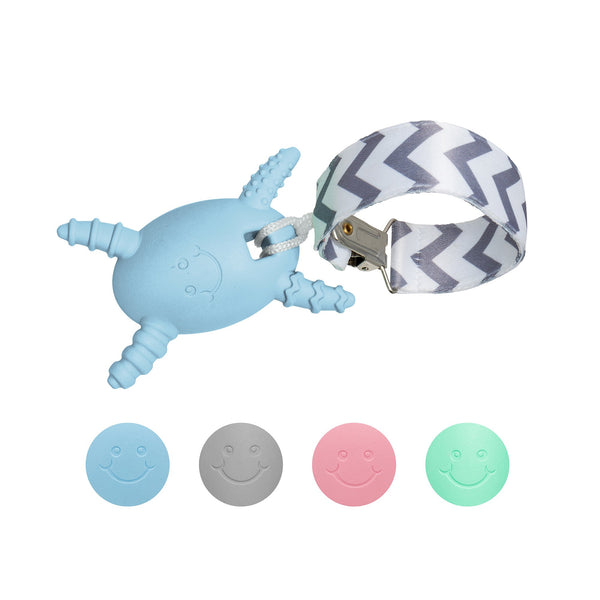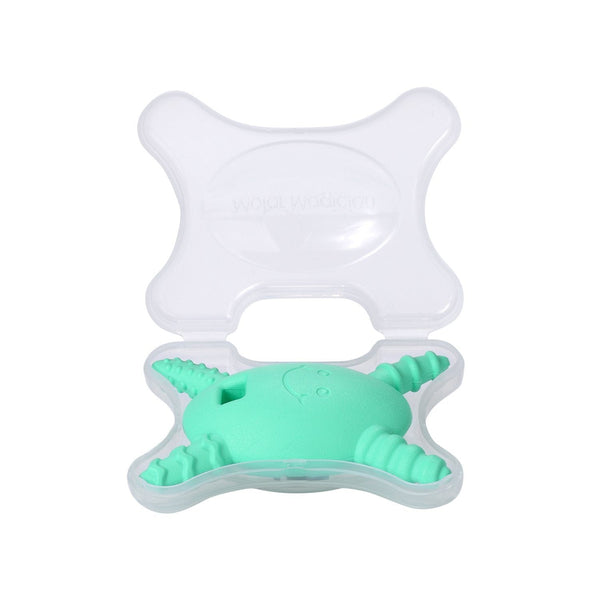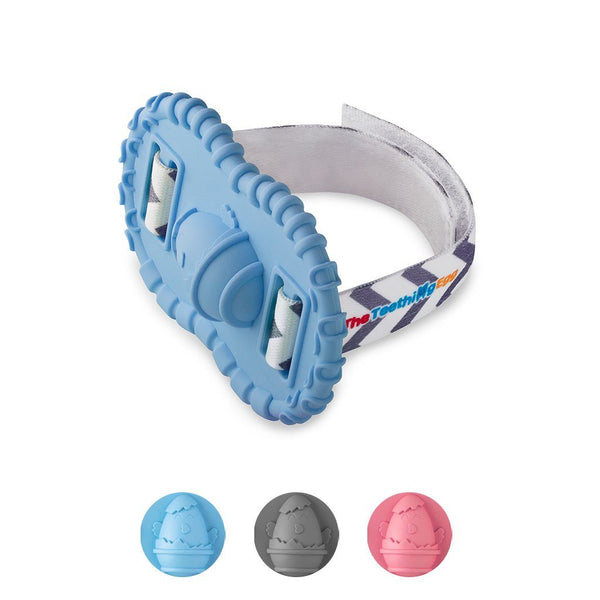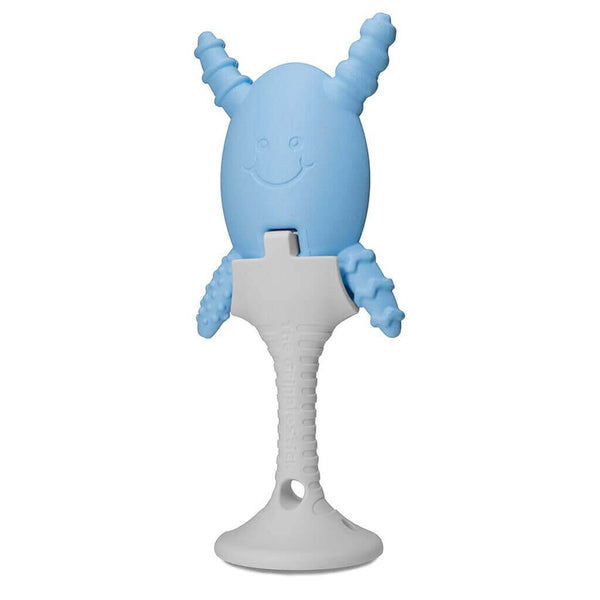Babies develop at a rapid pace during their first year of life, achieving various milestones that signify their growth and development. Milestones are essential developmental achievements or abilities that a baby should typically reach at a certain age. They serve as crucial indicators of a baby's overall health, growth, and neurological development.
What Are Milestones and Why Are They Important?
Milestones encompass a wide range of skills and behaviors that infants should exhibit as they grow. These can include physical, cognitive, social, and emotional milestones. They serve as benchmarks, offering guidance to parents and healthcare professionals about a child's development.
Monitoring milestones is important for several reasons:
- Early Identification of Developmental Delays: Recognizing when a child isn’t meeting milestones on time can signal potential developmental issues that might require intervention or support.
- Parental Engagement: It empowers parents to actively participate in their child's growth, fostering a deeper understanding of their needs and abilities.
- Health Monitoring: Milestones help healthcare professionals assess a child's overall well-being and development during routine check-ups.
Milestones Reached by 3 Months
By the age of 3 months, babies typically achieve several significant milestones across different domains:
Physical Milestones:
- Head Control: Most babies can hold their head up for short periods when lying on their stomach or being supported upright.
- Improved Motor Skills: They may start to bat at objects with their hands and bring their hands to their mouth.
- Stronger Limb Movements: They might kick their legs vigorously and wave their arms more purposefully.
- Increased Muscle Tone: Babies often show improved muscle strength and coordination.
Cognitive Milestones:
- Increased Awareness: They begin to follow moving objects with their eyes and may recognize familiar faces.
- Enhanced Attention Span: Babies can focus on objects or faces for longer periods.
- Response to Sounds: They may turn their head or eyes towards the direction of sounds they hear.
Social and Emotional Milestones:
- Social Smiling: Babies start to smile intentionally, especially in response to interaction with caregivers.
- Engagement in Interaction: They may begin to coo and make different sounds when engaged in conversation-like interactions.
- Developing Preferences: Babies might show preferences for certain toys, sounds, or people.
Language Development:
- Early Vocalization: They produce a variety of sounds and might even mimic some simple sounds.
- Communication Cues: Babies may start to express their needs through crying, cooing, or facial expressions.
What Milestones Mean and Their Importance
Milestones at 3 months signify a baby’s progress in foundational areas crucial for future development. Physical milestones reflect the strengthening of muscles and motor skills essential for further mobility and coordination. Cognitive milestones indicate a growing awareness of the environment and the beginning of sensory and perceptual development.
Social and emotional milestones demonstrate a baby's budding ability to form connections, bond with caregivers, and recognize familiar faces and voices. Language milestones lay the groundwork for future communication skills, allowing babies to express themselves and engage in interactions.
These milestones are important markers, providing insight into a child’s development. If a baby is not meeting these milestones, it might signal potential developmental concerns that need further evaluation and support.
What to Do When a Baby Isn’t Meeting 3-Month Milestones
If parents notice their baby isn’t meeting these milestones by 3 months, it’s essential to:
- Consult a Pediatrician: Discuss concerns with a healthcare provider to rule out any underlying issues.
- Seek Early Intervention Services: Early intervention programs can provide support and resources to help babies catch up on developmental delays.
Tips and Tricks to Support Baby Development
There are various ways parents can encourage and support their baby's development:
- Tummy Time: Regular tummy time sessions can strengthen neck and upper body muscles, aiding in head control.
- Interactive Play: Engaging with colorful toys, making faces, and talking to babies stimulates their senses and encourages interaction.
- Reading and Singing: Reading books and singing songs to babies supports language development and stimulates cognitive growth.
- Responsive Caregiving: Respond promptly to a baby’s cues and signals to foster a secure attachment and emotional development.
- Consulting Professionals: Seek advice from pediatricians or child development specialists for guidance on age-appropriate activities and interventions.
In conclusion, monitoring milestones in a baby’s development is crucial for understanding their progress and identifying potential issues early on. While each child develops at their own pace, reaching milestones by 3 months is a significant step in their growth journey. Parents play a pivotal role in supporting and nurturing their baby's development by providing a stimulating and supportive environment and seeking professional help if developmental concerns arise.












